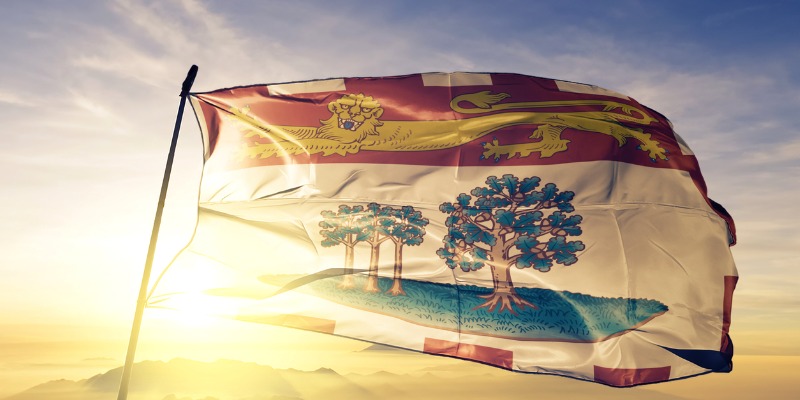P.E.I. government misses opportunity to correct fiscal course

The King government in Prince Edward Island delivered its fifth provincial budget on Thursday and wasted an opportunity to reverse its weak fiscal track record and return to budget balance. Instead, the budget was littered with red ink as Premier King and Finance Minister Burridge continue to preside over record-high levels of government spending.
While provincial revenues continue to grow steadily, the King government has repeated past mistakes by choosing not restrain spending. Going into the budget, the government was spending $18,280 per person in 2023, which was the highest level in P.E.I. history and among the highest in Canada. As we’ve argued, the responsible path forward in the budget would’ve been to restrain spending growth or perhaps even reduce spending. Unfortunately, the government chose to increase spending by a further 4.3 per cent this year.
Once again, the province will borrow money to pay for this new spending and the King government projects it will run its second consecutive deficit in 2024/25. More borrowing is also projected in the years ahead as the government doesn’t forecast a return to balanced budgets until at least the 2026/27 fiscal year. While Finance Minister Burridge stated “we’re working back to balance,” there’s simply nothing in the budget that suggests that’s the case.
The consequences of this approach to provincial finances are clear. Additional budget deficits will result in P.E.I.’s net government debt climbing to a projected $3.5 billion by 2026/27—a $1.3 billion increase from where debt stood before the government took office in 2020/21. In fact, an 11.8 per cent projected increase in net debt both this year and last year stand as the largest two increases in debt in nearly 30 years.
All this new debt means higher debt interest costs, which are forecasted to increase from $761 per person in 2020/21 to $1,067 per person in 2026/27. This represents taxpayer money unavailable for priorities such as health care, education or tax relief.
This approach amounts to a missed opportunity. Had the government implemented even modest spending restraint, it could have returned to a balanced budget this year and avoided debt accumulation. To align its spending with revenues, the King government could have merely frozen spending at last year’s levels or even increased them modestly, and still achieved a surplus. While this requires difficult decisions in the short-term, the decisions become much harder in the long-term now that the government has decided to continue its spending spree.
Another concern about the budget is the absence of substantial tax relief for Islanders. To be clear, in the budget speech, the finance minister did commit to adjusting the basic personal exemption and the threshold for certain tax brackets, and slightly lowering rates for the first four brackets. While this will provide modest relief, there are at least two issues with this approach.
First, every other province in Canada adjusts these brackets automatically on a yearly basis to adjust for the effects of inflation. Unless the proposed adjustments exceed the effects of inflation, Islanders will simply maintain their after-tax incomes and not actually benefit from a tax cut. Instead, the government should have followed Nova Scotia’s lead and announced full indexation of tax brackets, something most other provinces have already done.
Second, while the government is reducing tax rates, the changes are quite minor and don’t go far enough. The finance minister referred to a total of $15 million in tax relief. Any tax relief is surely welcome news, but in the context of a province that’s expected to receive nearly $600 million in personal income tax revenue this year, $15 million in tax relief is a relatively small amount.
In other words, these modest tax measures do little to change P.E.I.’s status as one of the highest-taxed jurisdictions in North America. And the province is actually increasing its top tax rate from 18.37 per cent in 2023 to 18.75 per cent in 2024.
With a balanced budget and meaningful tax reductions, the King government could have left more money in the pockets of Islanders while making the province a more attractive place to live for businessowners, entrepreneurs and high-skilled workers. During a time when many people are feeling a financial pinch, the current high tax burden combined with a fiscal plan that’s likely to cause higher taxes in the future is not good news.
In its 2024 budget, the King government continued to preside over a track record of free-spending and budget shortfalls, while implementing relatively little tax relief. Premier King has once again missed the mark on finances and has failed to put the province on a sustainable financial track for future generations of Islanders.

